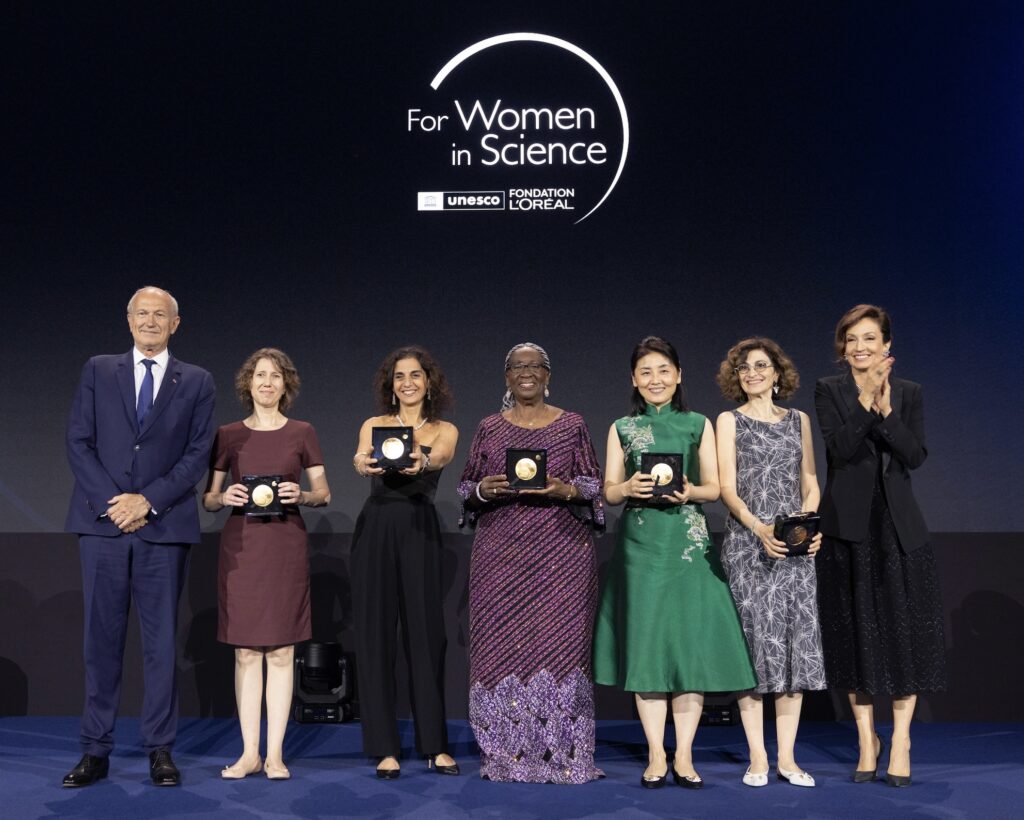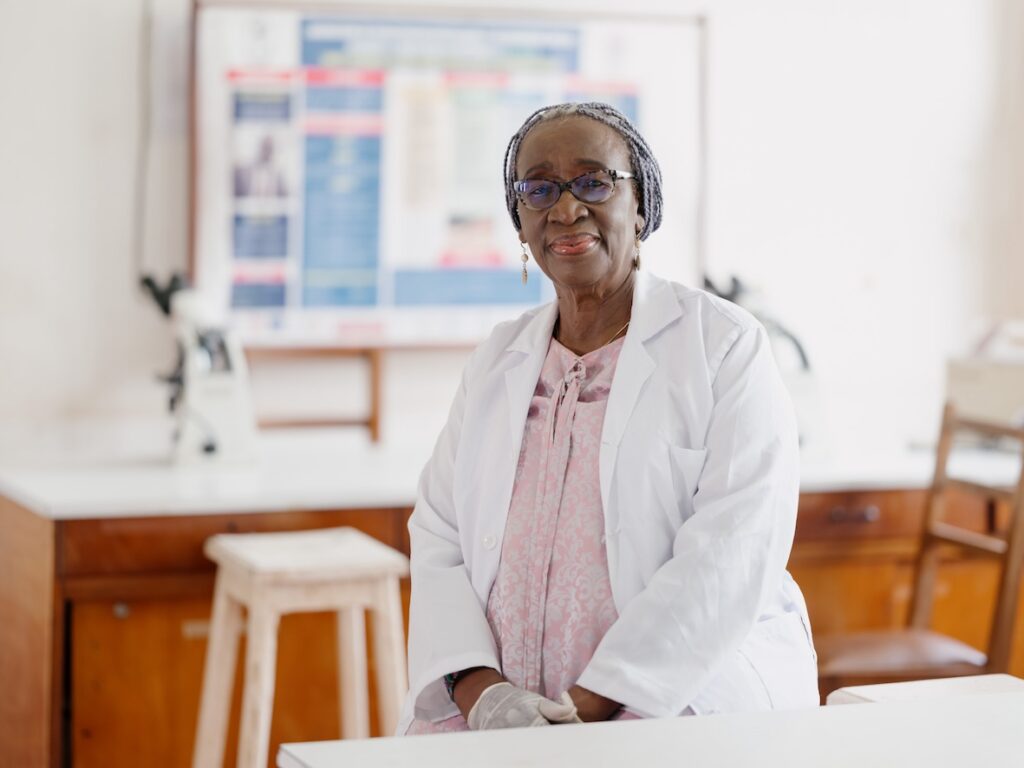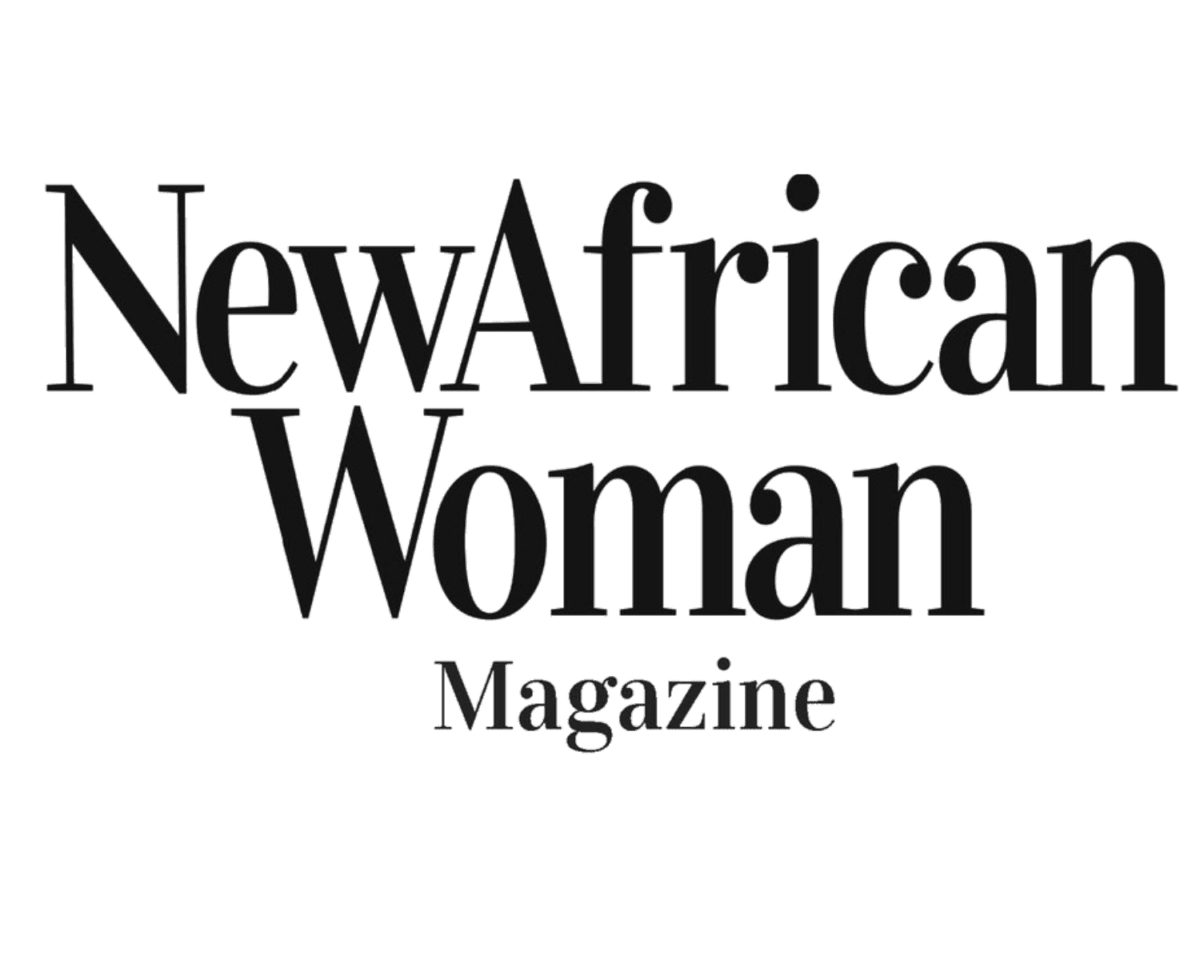Cameroonian Immunologist Prof. Rose Leke among L’Oréal-UNESCO Women in Science Awards 2024 laureates

Editor - NAW
A renowned global expert in immunology and parasitology, as well as a specialist in malaria, Cameroon’s Professor Rose Leke has one of the most solid CVs in science research, and inarguably an inspirational trailblazer in the field. It is therefore befitting that she is now a L’Oréal–UNESCO For Women in Science International Awards 2024 laureate.
On 28th May, Prof. Leke was one of the five remarkable women scientists from across 5 regions of the world, honoured with the prestigious and respected L’Oréal–UNESCO For Women in Science International Award, at a ceremony held at the UNESCO HQ in the French capital Paris.
Representing Africa and the Arab States region, Prof. Leke was recognised for her leadership and outstanding malaria and poliomyelitis (polio) research, particularly her pioneering efforts to improve outcomes for pregnant women with malaria and support for polio eradication.
Her work has also contributed profoundly to improving public health in her native Cameroon and across Africa. She is also a prominent role model, educator and advocate for young women scientists.
Every year, the L’Oréal-UNESCO For Women in Science International Awards honour an exceptional woman from each of the five global regions: Africa and the Arab States; Asia and the Pacific; Europe; Latin America and the Caribbean; and North America. The laureates of this 26th edition were selected by an independent international jury, from among 350 candidates worldwide.

The other Laureates were Professor Alicia Kowaltowski – Biochemistry (Latin America And The Caribbean); Professor Nada Jabado – Human genetics (North America); Professor Nieng Yan – Structural biology (Asia And The Pacific) and Professor Geneviève Almouzni – Molecular biology (Europe).
A statement released to the press, detailed how her scientific journey has seen Prof. Leke explore the diagnosis of malaria during pregnancy, the acquisition of immunity among pregnant women and infants, and its role in reducing placental pathology. Importantly, her team’s efforts have shed light on the potential of VAR2CSA-based vaccines for pregnant women, offering hope for improved maternal and child health.
It went further to explain how she has studied the acquisition of immunity among infants in their first year of life, uncovering valuable insights into their initial antibody responses and the role of maternal antibodies. She has also been involved in the deployment of the malaria vaccine and is a member of the World Health Organization Malaria Policy Advisory Committee and Malaria Elimination Oversight Committee.
And as chair of the African Regional Certification Commission, Prof. Leke has also contributed to the eradication of polio, which advocated for improved surveillance and routine immunisation. She has been instrumental in preparing and delivering documentation that declares a country as free of the wild polio virus.

We caught up with Prof. Leke on the eve of the L’Oréal–UNESCO For Women in Science International Awards 2024 ceremony and asked her what this accolade means to her and African women in science. Here are edited excerpts:
You are one of the 2024 L’Oréal–UNESCO Women in Science Laureates. A deserved accolade. Given your outstanding backround, work and previous accolades that have been bestowed on you, how does this award feel and mean to you?
This is very special and I’m really grateful to L’Oréal and UNESCO. Its particularly special because this award is specially dedicated to Women in Science. It is really feels great to see Women in Science being recognised in this way. I am elated, humbled and honoured to be among the 2024 laureates, standing with four other exceptional, hard-working women. I also hope this award will be an inspiration to young women in Africa… and encourage them to work hard. I want them to be inspired by what L’Oréal is doing by showcasing the work of Women in Science and see where they can get to. Even if they don’t get the price, I hope this will encourage to them further, to keep on doing research and getting into science.
There is a lot of excitement about the changing mindset towards female scientists in Africa. A positive shift. But given your experience, what more should be done to remove hurdles female scientists encounter, and as say, to encourage more young women into the field?
The truth is that in Africa we still have a certain mindset of what a woman can or cannot do, versus what a man can do. Women are still expected to take care of family, which just doubles their burden in work environments. And if you are a researcher, it’s even worse because on top of everything, and while you have your laboratory work to do, you have to make sure you can also publish. If you’re in the research institute at a university, you have to publish or perish. There is always an additional burden and these hurdles make women work even ten times harder than men.
However, my advice is you have to keep working hard and prove yourself. But to do so, as a woman scientist, you must have the knowledge. In Cameroon where I run the Higher Women Consortium which mentors women for careers in sciences, I always tell my girls that in pursuing their careers, and to be as good as the men – whom I encourage to work with – they must leave the woman hat at the door and just be scientists. Scientists who can confidently compete at any level; bring the same level of contribution to the table; and be able to get grants and money for their research – the same way as men do.
But I must emphasise that, to do so, they must work hard and be knowledgeable in the field of their research. So, the hurdles will be there, but we have to work around them in order to make sure scientific research continues.
That said, how has your own personal journey in navigating these hurdles been like?
Oh! my journey really began with the support of my parents. It is very important for parents to support their children. It was because of my father’s encouragement, that I went into the scientific arena and thereafter into research. My family including my husband and kids are always there for me. When I went into the Malaria in pregnancy research and work, I had a lot of support from my husband who is an OB/GYN (Obstetrician Gynecologist). But also importantly, throughout my career, I have worked hard. I have never put on the “I am a woman thing”, but instead, I put in the hard work required like anybody else. And hard work, I tell young girls, always pays. Also like I said earlier, knowledge is power, with it you will be able to compete with anybody, and I have been like that since high school. I would also add self-confidence. It will carry you to wherever you want to be. My journey has therefore been all those things.
And what next for Professor Leke?
The Higher Women Consortium in Cameroon is my pride and now my laboratory. My hope is that my grandchildren, great-grandchildren are going to carry on doing scientific research. I have retired from the university, but what I want to do now is to encourage good science and good scientific research. And with the Consortium, my hope is to see it expand not only in Cameroon, but into other countries. I would like to put together some activity that can get more women into the scientific arena and make their careers better for them, while they are doing good scientific research. That is really where I want to get myself into as a next step.

















